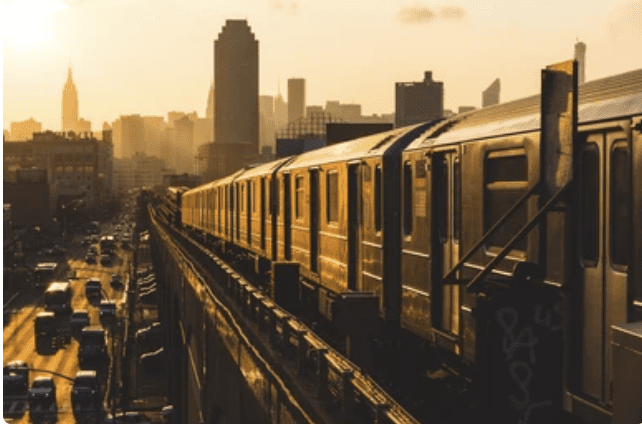
New York City’s subway fares to increase to $2.90 in August
New York City subway fares will officially increase starting next month, from $2.75 to $2.90. This is the first time base fare prices have increased in eight years, as ridership steadily increases post-pandemic.
The New York Metropolitan Transportation Authority voted to increase the city’s subway fares on Wednesday, during a board meeting, according to the New York Times.
Janno Lieber, M.T.A. chair, defended the fare increase before Wednesday’s vote, saying it’s necessary to keep up with fare increase and inflation.
“We need this to be responsible,” Lieber said. “It’s not without its downsides, because anytime you’re asking people to pay a little more, you know that has consequences. But for everybody who depends on this transit system — like I always say, mass transit is like air and water for New Yorkers — we need it.”
The base fare increase comes as no surprise, first being announced in May by the M.T.A. board, in an attempt to boost revenue by 4%, the New York Daily News reported.
Transit agencies in larger cities have been hit hard with shortcomings in operating budgets, and the M.T.A. is no exception — not only is the agency billions of dollars in debt, but is anticipated to reach $56.7 B in 2028.
Transit ridership fell by as much as 90% in 2020 due to the COVID-19 pandemic, according to Bloomberg News, leading to significant budget shortfalls for public transportation systems across the United States. The eight largest transit systems in the United States are grappling with a collective budget shortfall of around $6.6 billion, which is projected to continue through the 2026 fiscal year, Bloomberg Reports.
As such, several transit agencies within the U.S. have announced fare hikes for multiple U.S. cities to increase revenue, including Washington, D.C. and the San Francisco Bay Area.
In addition to the rail fare hike, the board’s decision will impact the Long Island Rail Road and Metro-North Railroad monthly passes, which are subject to an increase of up to 4.5 percent. With the new fare structure in place, commuters will now be required to pay $34 for a weekly MetroCard.
Drivers using the E-ZPass system to pay for bridge and tunnel tolls will experience a 6 percent increase. For those who opt for mail payments, the tolls will rise even higher, with a significant 10 percent increase.
The board’s decision was met with mixed reactions, with users taking to social media to express their frustration with the increase. For daily commuters, this increase raises concerns about the affordability of public transportation and the call for improvements in M.T.A. transit systems.
Featured Image: Shutterstock Images


